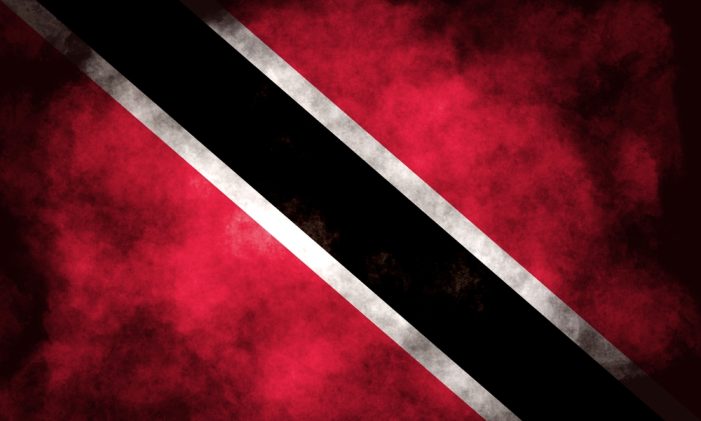By Brian Figeroux, Esq.
Trinidad & Tobago, a nation celebrated for its rich cultural tapestry, grapples with a persistent and deeply entrenched racial divide within its political landscape. This division, largely rooted in the historical legacies of colonialism and plantation society, has been consistently exploited by political actors, including third parties, for their own gain, hindering the nation’s progress towards a truly inclusive and equitable society.
The two dominant political parties, the People’s National Movement (PNM), historically associated with Afro-Trinidadian support, and the United National Congress (UNC), historically associated with Indo-Trinidadian support, have often fallen into patterns of racialized mobilization. This polarization, while not always overtly expressed, permeates political discourse and influences voting patterns. It fosters a climate of mistrust and suspicion, hindering constructive dialogue and collaborative governance.
Exploitation by Third Parties and Opportunistic Actors
The racial divide creates a fertile ground for third parties and opportunistic actors to exploit existing tensions for their own political and economic gain. These actors often employ divisive rhetoric, playing on historical grievances and perceived injustices to mobilize support within specific ethnic communities. They may present themselves as champions of marginalized groups, promising to rectify past wrongs and secure future advantages.
This exploitation takes various forms:
- Divisive Rhetoric: Employing language that reinforces racial stereotypes and promotes a sense of “us vs. them.”
- Identity Politics: Focusing on ethnic identity as the primary basis for political affiliation, rather than shared policy goals.
- Patronage and Clientelism: Distributing resources and favors along ethnic lines to secure political loyalty.
- Information Warfare: Spreading misinformation and propaganda through social media and other channels to manipulate public opinion and sow discord.
These tactics not only exacerbate existing tensions but also undermine democratic institutions and processes. They create a climate of political instability, discourage cross-ethnic cooperation, and divert attention from critical issues such as poverty, inequality, and crime.
Consequences for National Development
The continued exploitation of racial divisions has far-reaching consequences for Trinidad & Tobago:
- Hindered National Unity: A divided society cannot effectively address shared challenges and build a cohesive national identity.
- Economic Stagnation: Political instability and lack of trust discourage investment and hinder economic growth.
- Social Inequality: Policies that favor specific ethnic groups perpetuate inequality and create resentment.
- Erosion of Trust in Institutions: The perception that political institutions are biased undermines public confidence and participation.
- Increased Political Volatility: The constant manipulation of racial tensions creates an atmosphere where political violence is more likely.
Recommendations for Ending the Practice
Breaking the cycle of racial polarization requires a concerted effort from all sectors of society. Key recommendations include:
- Promoting Inclusive Political Discourse: Political leaders must commit to responsible and respectful dialogue that avoids divisive rhetoric.
- Strengthening Independent Institutions: Ensuring the independence and impartiality of electoral bodies, regulatory agencies, and the judiciary is crucial for building trust.
- Enhancing Civic Education: Promoting civic education programs that teach citizens about democratic principles, tolerance, and respect for diversity.
- Media Responsibility: Encouraging media outlets to adopt ethical reporting practices that avoid sensationalism and promote balanced coverage.
- Civil Society Engagement: Supporting civil society organizations that promote inter-ethnic dialogue and collaboration.
- Economic Policies for Equity: Implementing economic policies that address inequality and promote inclusive growth.
- Constitutional Reform: Consider constitutional reforms that promote power-sharing and inclusive governance.
- Transparency in Political Finance: Implement laws that enforce transparency in political donations, and campaign financing. This reduces the ability of powerful persons to control political outcomes.
- Cross Cultural Education: Educational systems should incorporate cross cultural education, to educate all citizens about the history and cultures of Trinidad and Tobago.
By implementing these recommendations, Trinidad & Tobago can move towards a more inclusive and equitable future, where all citizens, regardless of ethnicity, have the opportunity to participate fully in the nation’s development. It is a long journey, but a necessary one, to build a truly unified and prosperous nation.

